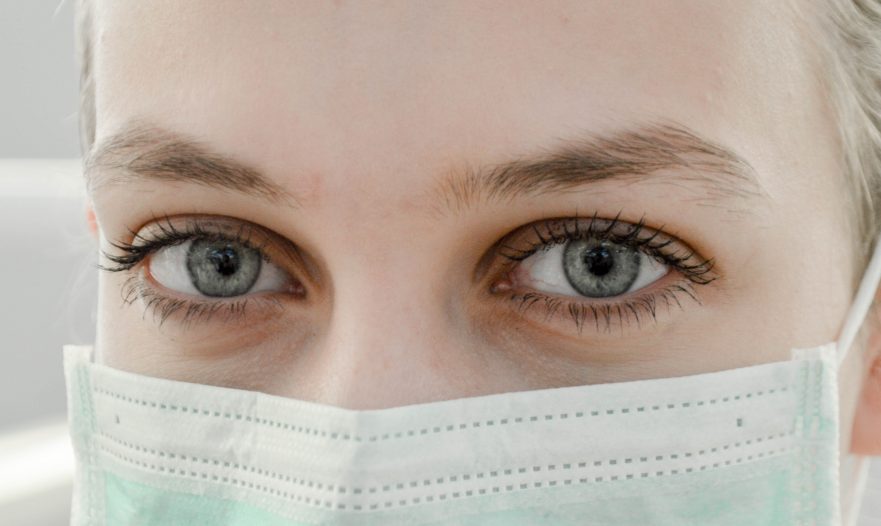The number of confirmed coronavirus cases in the United States increases daily. According to the Centers for Disease Control and Prevention, over half of a million people are infected with the virus. Health care workers and first responders appear to be among those most at risk due to their daily exposure to patients infected by the disease. Claims for workers’ compensation by health care workers and people employed in other occupations infected by COVID-19 appear to be inevitable. An understanding of how eligibility and claims for workers’ compensation are handled may help, should you be a worker infected by the virus.
Principles underlying the workers’ compensation system
The primary purpose of workers’ compensation is to make medical treatment readily available to workers injured or made ill by accidents or environmental conditions related to their employment. Before workers’ compensation laws existed, workers with an injury or illness were forced to wait for the outcome of a lawsuit against their employer to know if their medical bills and lost wages would be paid.
In Oregon and other states with workers’ compensation systems, a worker may immediately obtain medical care and be compensated for wages lost while out of work, without the delay caused by waiting for the results of a lawsuit. In return, employers are protected from lawsuits because the workers’ compensation law severely limits lawsuits for on-the-job injuries or illnesses.
COVID-19 and the meaning of a “work-related illness”
The COVID-19 pandemic presents a challenge for workers’ compensation systems when evaluating claims for benefits filed by health care workers, first responders, or workers in other industries diagnosed with the new coronavirus. As with any claim for workers’ compensation benefits based upon an injury or illness, there must be proof that it was likely related to a work activity.
Oregon offers an example of how existing rules and regulations may be used to evaluate claims filed by workers diagnosed with COVID-19. As a general rule, the law imposes on the claimant the burden of proving that an injury or illness is work related. Proving that a person’s exposure to the virus occurred at work or in a work-related activity may require medical records and a report from a medical expert.
Physicians, nurses, and people working in the health care field providing medical care to COVID-19 patients may find it easier to prove that contracting the disease was likely related to their work. Police, fire, ambulance, and other emergency medical personnel may also find it easier to prove a claim for workers’ compensation benefits when their daily work activities bring them into contact with individuals infected by the virus.
An evaluation of the facts of each case, including the duties performed by the claimant, is necessary in order to determine if a coronavirus infection is job related. For example, the claim of a person employed in the billing office of a hospital who is diagnosed with COVID-19 may require more medical documentation to establish that exposure to the virus occurred while at work than a claim filed by an emergency department nurse in the same hospital whose duties brings them into contact with patients infected by the disease.
Filing a workers’ compensation claim for COVID-19
Health care workers and other workers who suspect that they have been exposed to the coronavirus at work should follow the procedures for notifying their employers as required by the Oregon workers’ compensation rules and regulations to protect their right to benefits. Depending upon the circumstances, the cost of the diagnostic testing to confirm or rule out the presence of a COVID-19 infection may be covered by workers’ compensation.
Workers exposed to the virus at their place of work may be subject to mandatory quarantine even though they may not exhibit signs of illness. The time lost from work while quarantined may be compensable under workers’ compensation.
The coronavirus presents unique challenges and risks to workers in all industries. A consultation with a Bend workers’ compensation attorney may provide legal advice and guidance to health care workers, first responders, and other workers about the steps to take to protect their rights to benefits in the event that they are exposed to COVID-19

